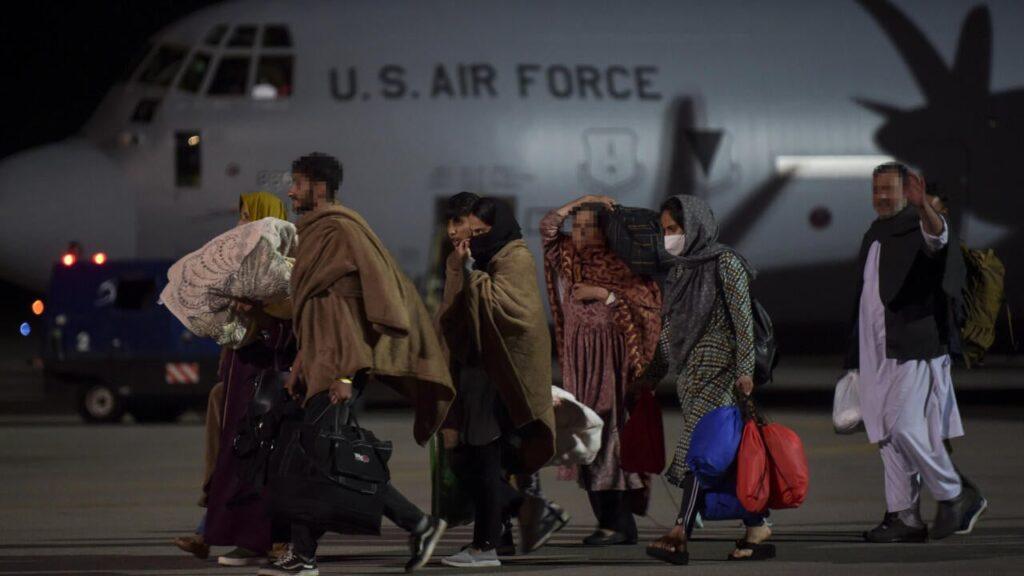Islamabad:
After years of working alongside the United States to combat the Taliban in Afghanistan, Zahra says she was just days away from being evacuated to the United States when President Donald Trump suspended refugee admissions.
She sold her belongings while waiting for a flight from Pakistan, where she became embroiled in a three-year process applying for a refugee scheme Trump froze in one of his first acts in office.
“We stayed with them for the last 20 years, all I want is for them to stand by the promise they made,” the 27-year-old former Afghan defense ministry worker told AFP from Islamabad.
“The only wish we have is to be safe and live where we can have peace and an ordinary human life,” he said, sobbing down the phone and speaking under a pseudonym to protect his identity.
The 2021 withdrawal of US-led troops from Kabul ended two decades of war, but began a new exodus, as Afghans clamored to escape the Taliban government and fear retaliation for working with Washington.
Trump’s executive order to halt admission for at least 90 days starting Jan. 27 has blocked about 10,000 approved Afghans from entering as they begin new lives in the United States, according to the nonprofit #AfGhanevac.
Tens of thousands of more applications in the pipeline have also been frozen, the US-based organization said.
“All kinds of people who defended the idea of America are now in danger,” said #afghanevac chief Shawn Vandiver.
“We owe it to them to get them out.”
Trump’s order said that “the United States lacks the capacity to absorb large numbers of migrants and, in particular, refugees,” and paused the relocation scheme until it “aligns with the interests of the United States.”
But activists argue the country owes a debt to the Afghans left in the lurch by its withdrawal, which Trump committed to in his first term but was overseen by his successor President Joe Biden.
A special visa program for Afghans who were employed by or on behalf of the United States remains active.
But the broader refugee scheme was relied upon by applicants, including former Afghan soldiers and employees of the US-backed government, as well as their relatives.
With the U.S. Embassy in Kabul closed, many traveled to neighboring Pakistan to file paperwork, conduct interviews and undergo investigation.
“I had high hopes for my sisters, that they should graduate from school and pursue education,” said one of five daughters in the family of a former government employee seeking resettlement from Pakistan.
“All my hopes are shattered,” the 23-year-old said. “I have nightmares and when I wake up in the morning, I feel like I can’t fall asleep again. I’m very anxious.”
The Taliban government has announced an amnesty and encouraged those who fled to return to rebuild the country, presenting it as a haven of Islamic values.
Last summer, Pakistan’s Foreign Ministry complained that up to 25,000 Afghans were in the country awaiting relocation to the United States.
Islamabad announced a sweeping campaign in 2023 to evict undocumented Afghans, ordering them to leave or face arrest as they enjoy relations with the Taliban government.
At least 800,000 Afghans have left since October 2023, according to the Norwegian Refugee Council.
A Foreign Office spokesperson told reporters this week that the Trump administration had not yet communicated any new refugee policy to Pakistan.
Islamabad is following “the same old plan” where Washington has committed to taking refugees this year, Shafqat Ali Khan said.
Afghans hoping for new lives abroad feel trapped between a canceled future and the unsettling prospect of returning to their homeland. AFP




